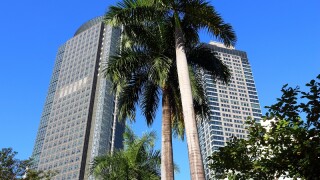Sycip Salazar Hernandez & Gatmaitan
Sponsored
Sponsored
-
Sponsored by Sycip Salazar Hernandez & GatmaitanThe Integrated Bar of the Philippines (IBP), the official organisation of all Philippine lawyers, has recently launched the Philippine International Centre for Conflict Resolution (PICCR). The PICCR is a non-stock, non-profit arbitral institution that will provide commercial arbitration and other alternative dispute resolution (ADR) services and facilities for parties to disputes. The PICCR was established in the IBP's objective of making arbitration more accessible and a mainstream option for dispute resolution in the Philippines.
-
Sponsored by Sycip Salazar Hernandez & GatmaitanPublic apostilled documents executed outside the Philippines no longer need to be authenticated by the Philippine Department of Foreign Affairs (DFA) in order for those documents to be considered authentic in the Philippines. This is because on May 14 2019, the Philippines became a party to the 1961 Convention Abolishing the Requirement of Legalisation for Foreign Public Documents, or the Apostille Convention.
-
Sponsored by Sycip Salazar Hernandez & GatmaitanThe Philippines has enacted Republic Act No 11232, or 'An Act Providing for the Revised Corporation Code of the Philippines' (RA No 11232). It repealed the country's almost-four-decade-old Corporation Code (Batas Pambansa Bilang 68). According to proponents of RA No 11232, it is intended to improve the ease of doing business in the Philippines.


